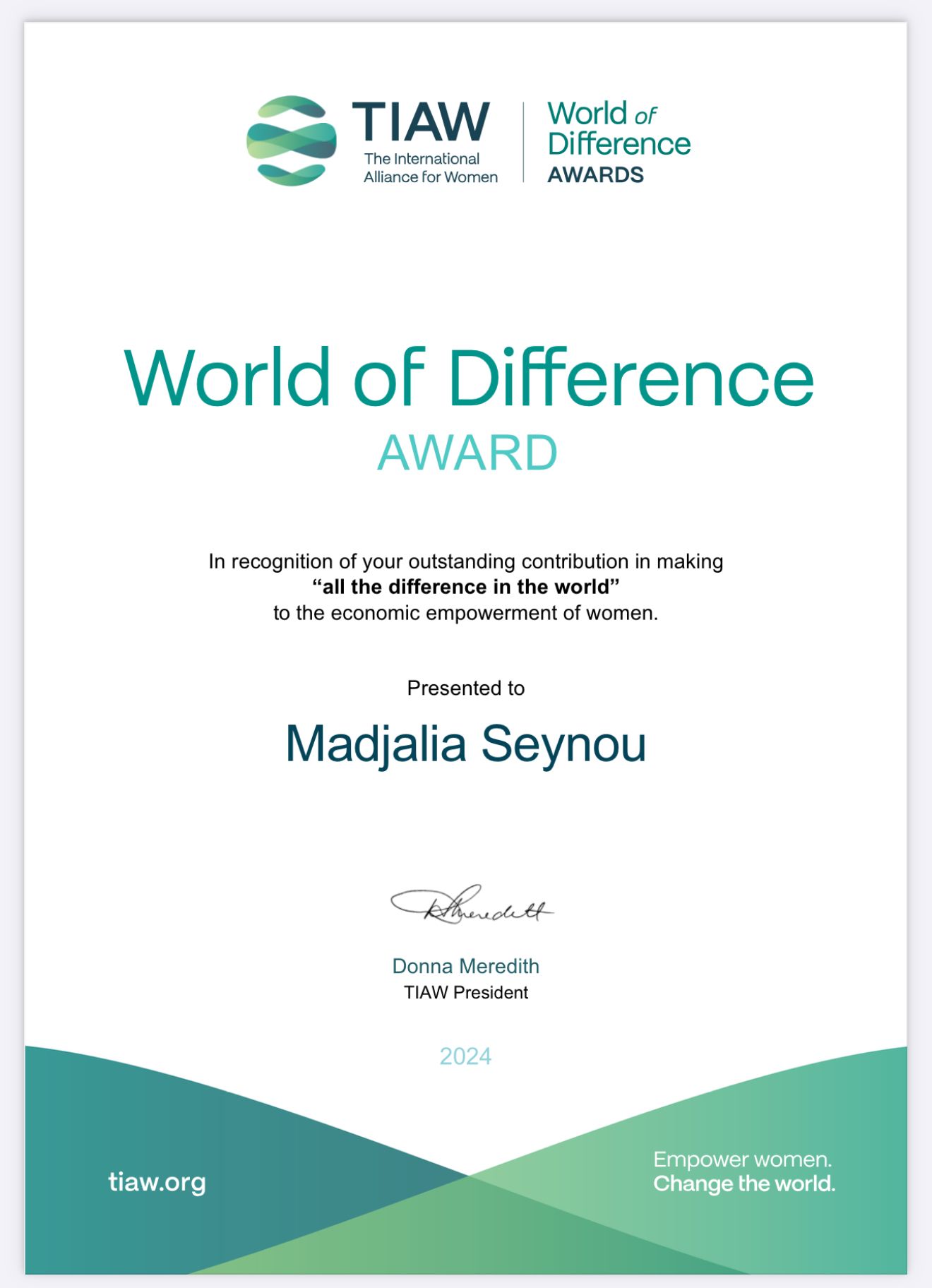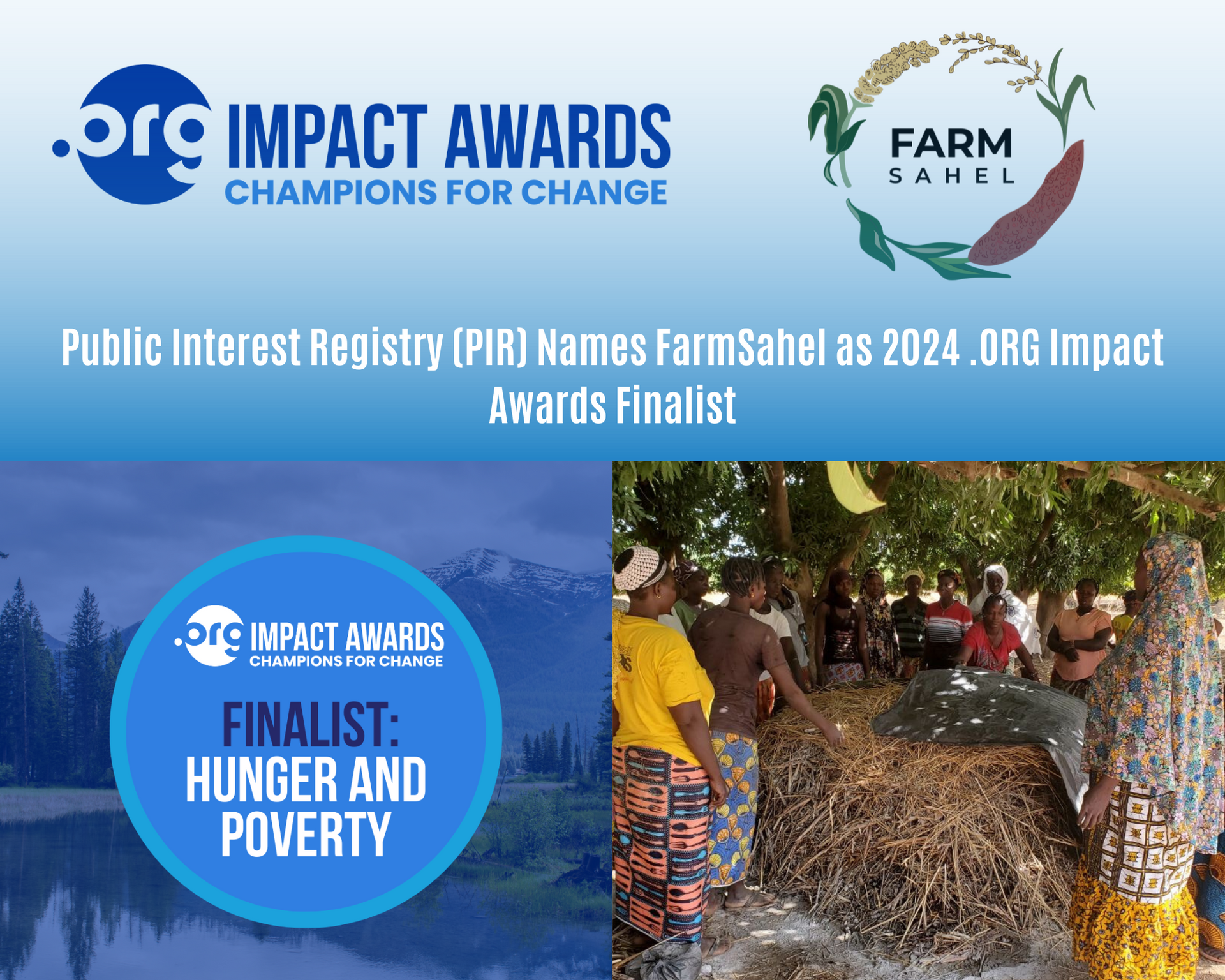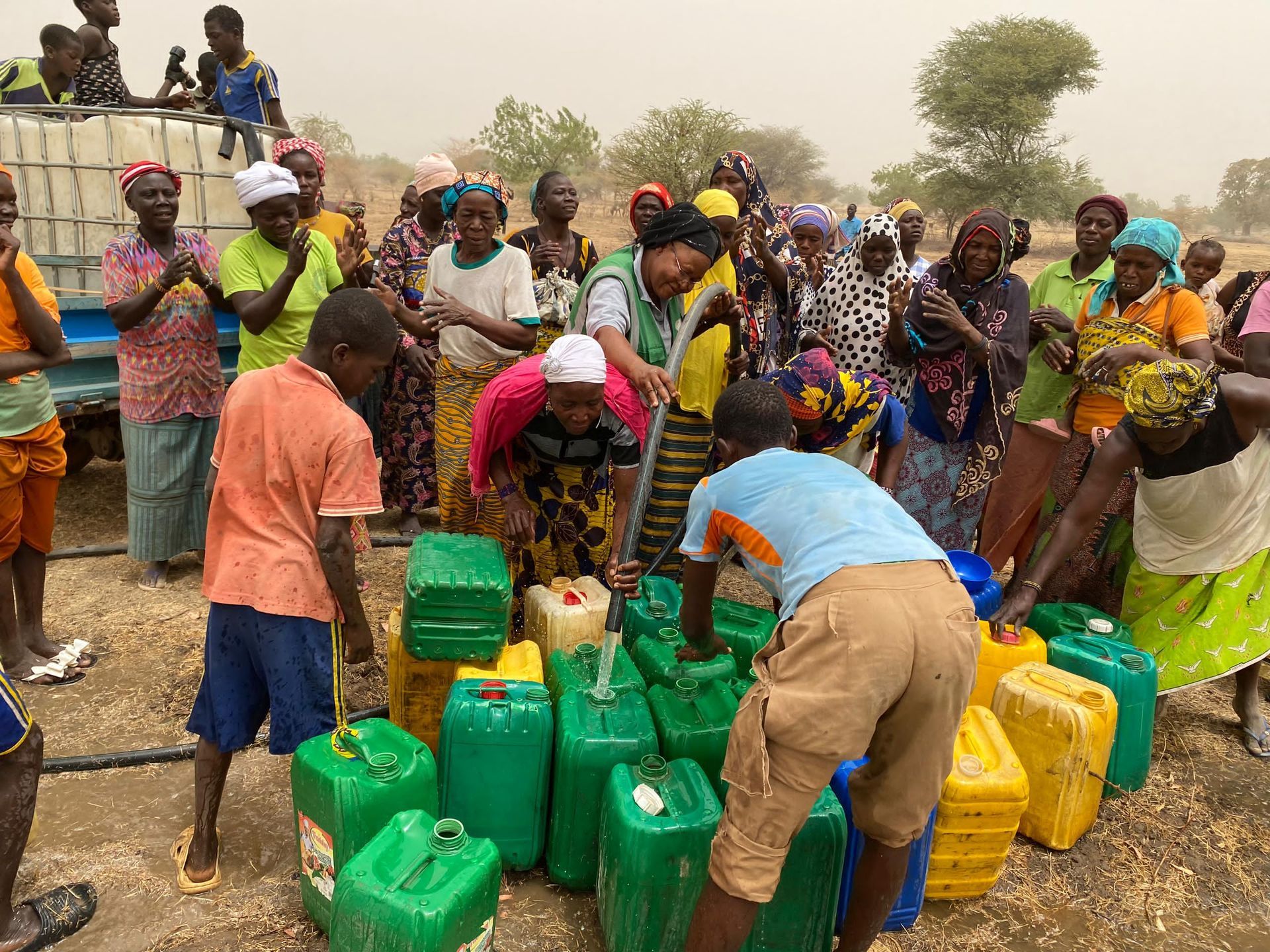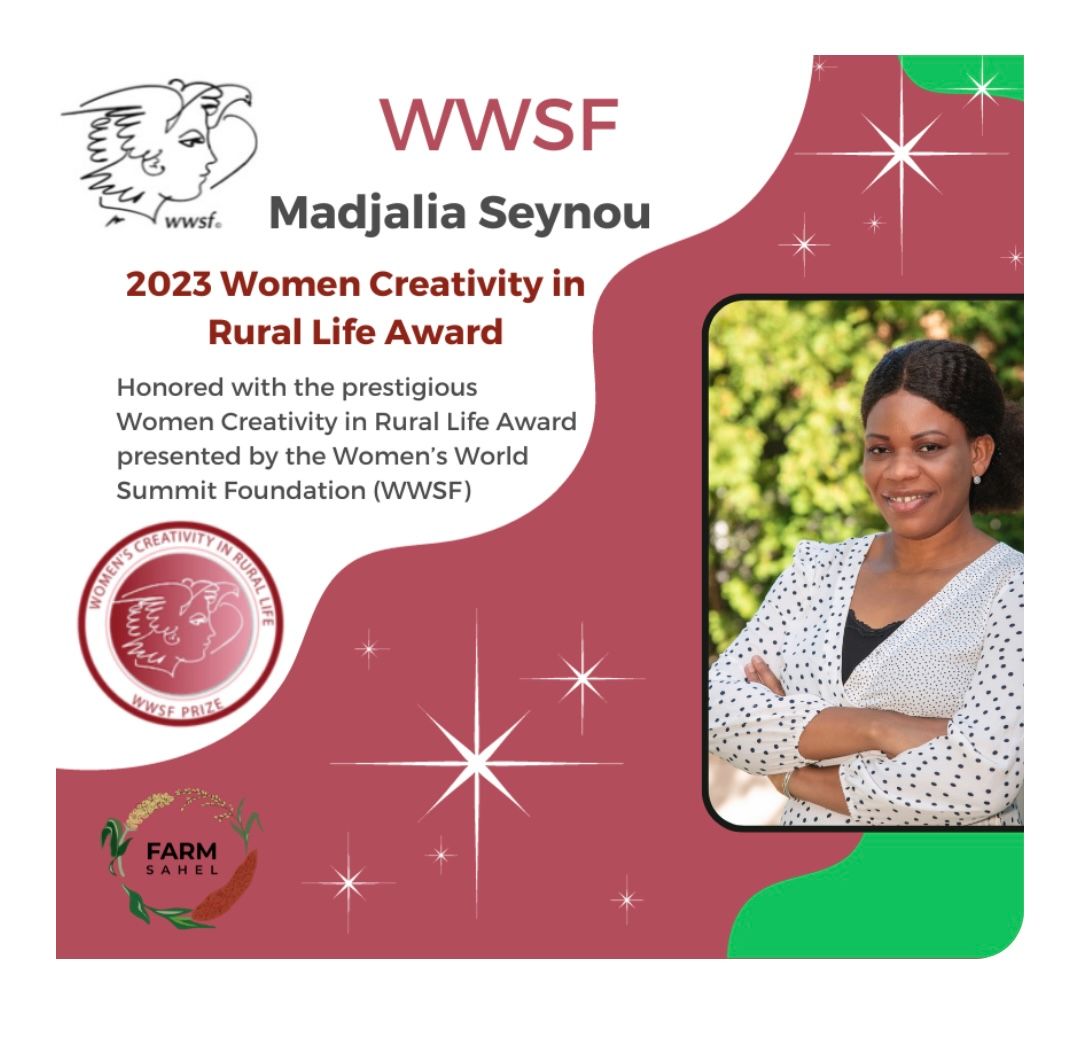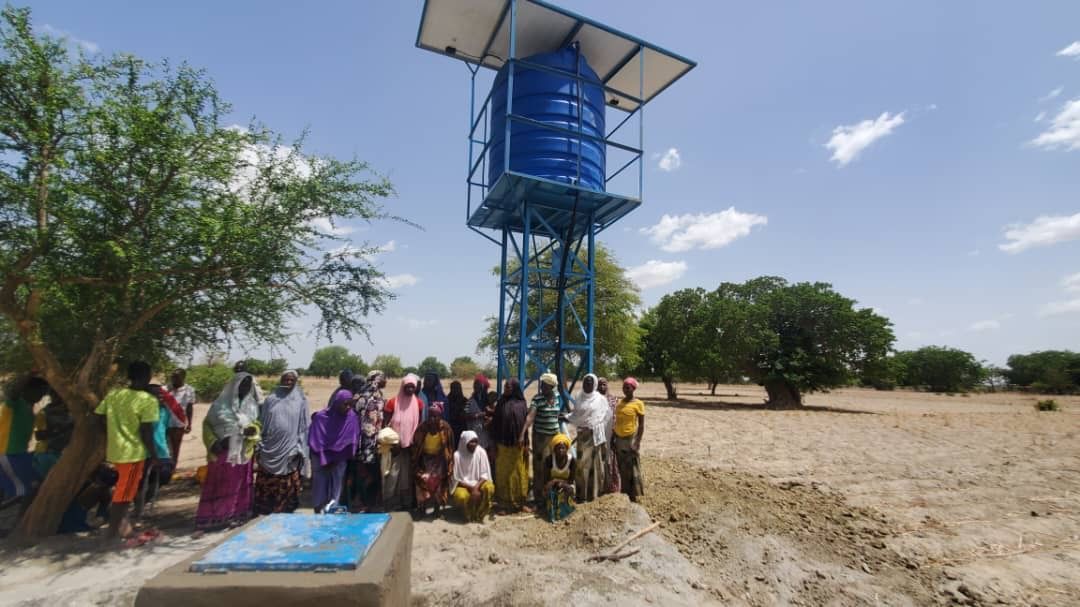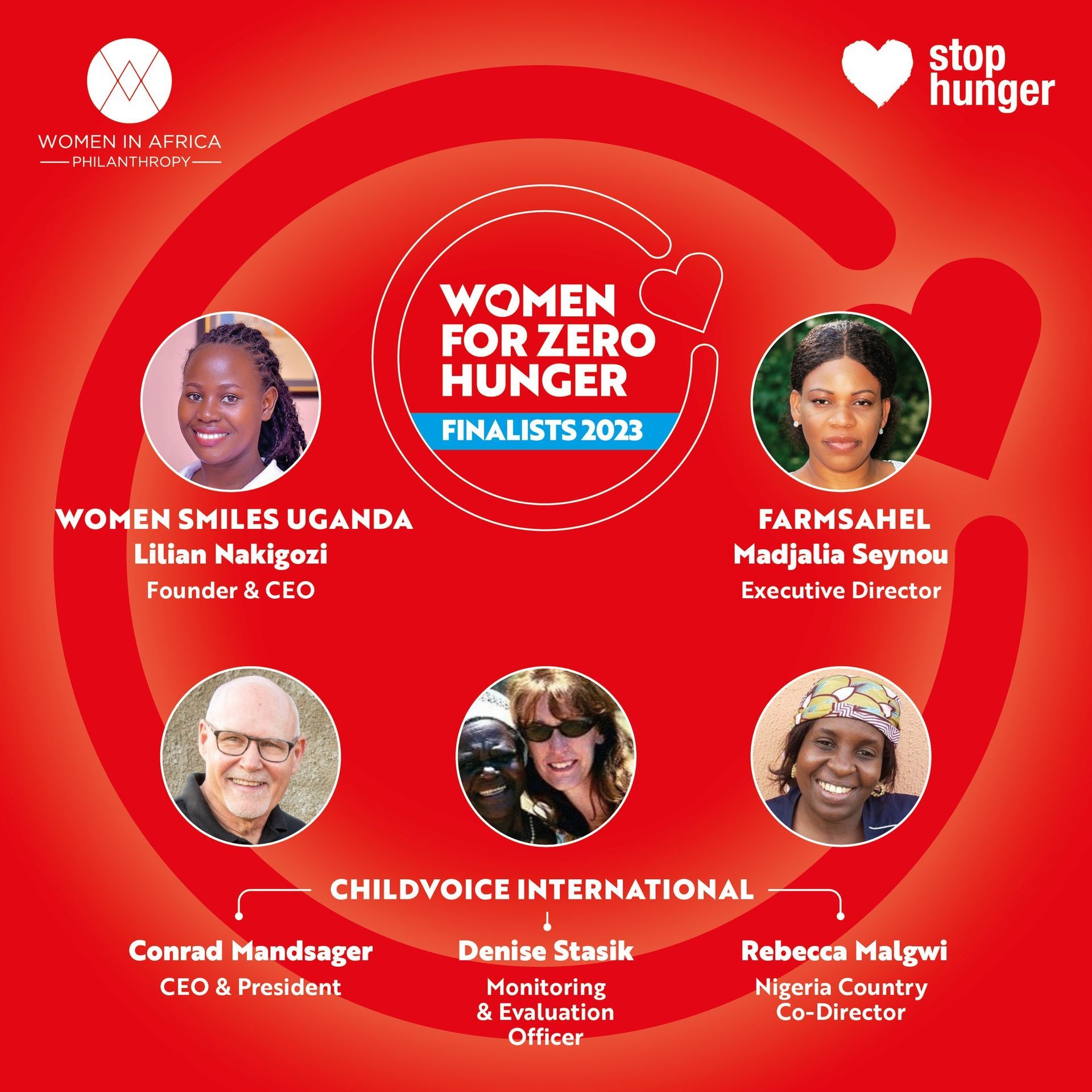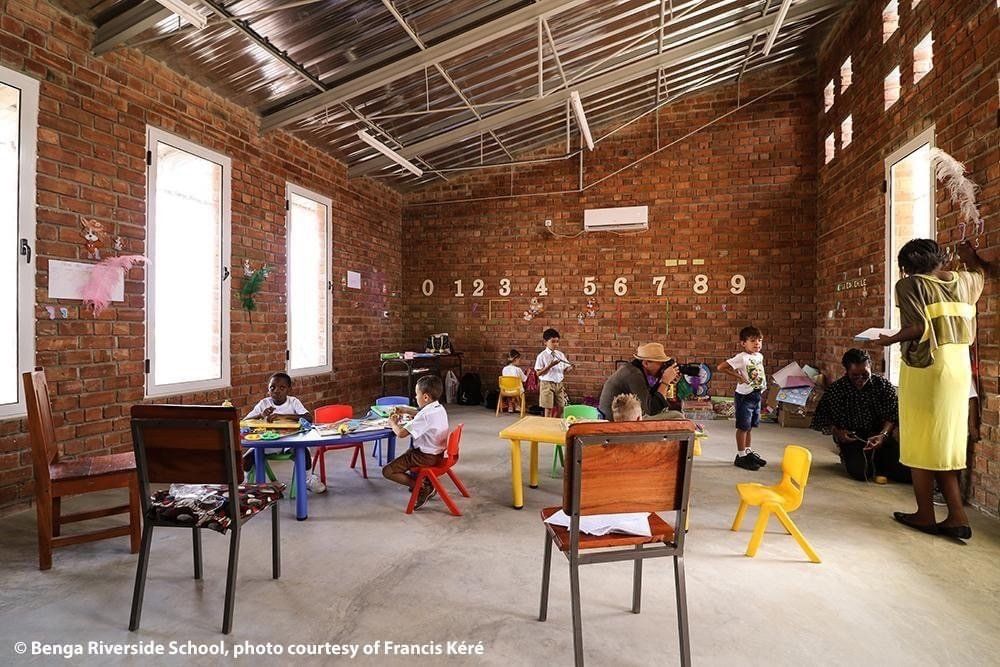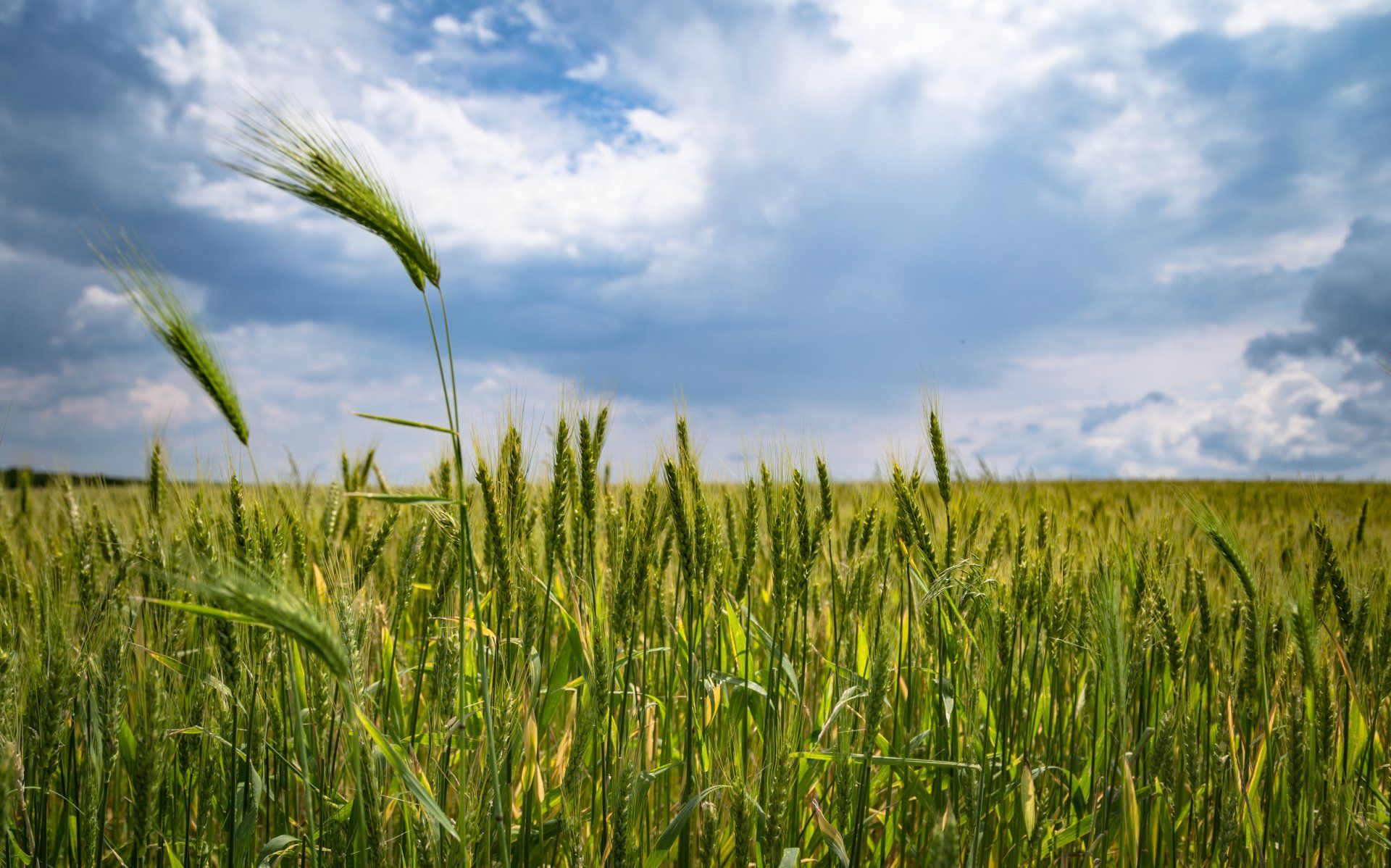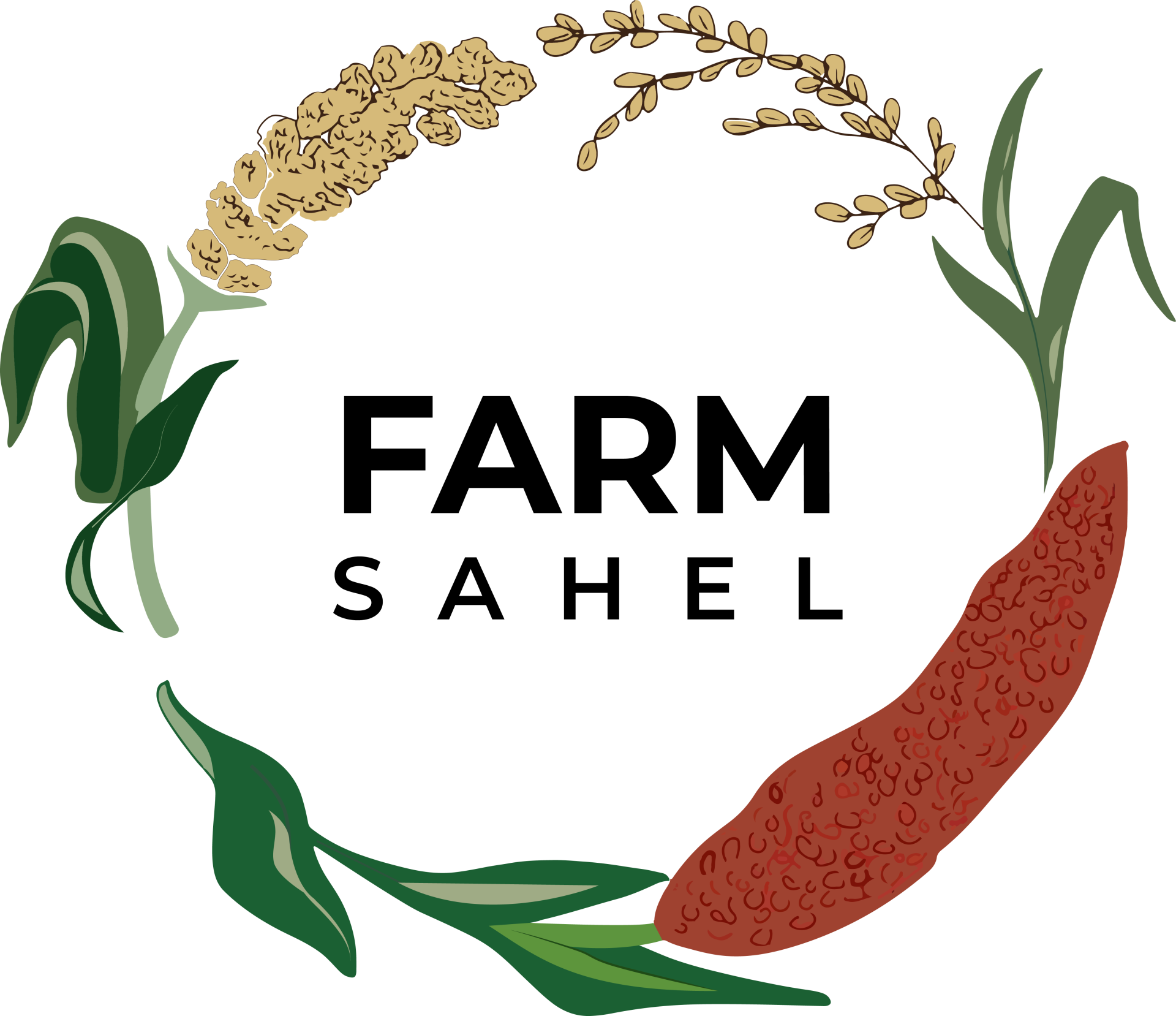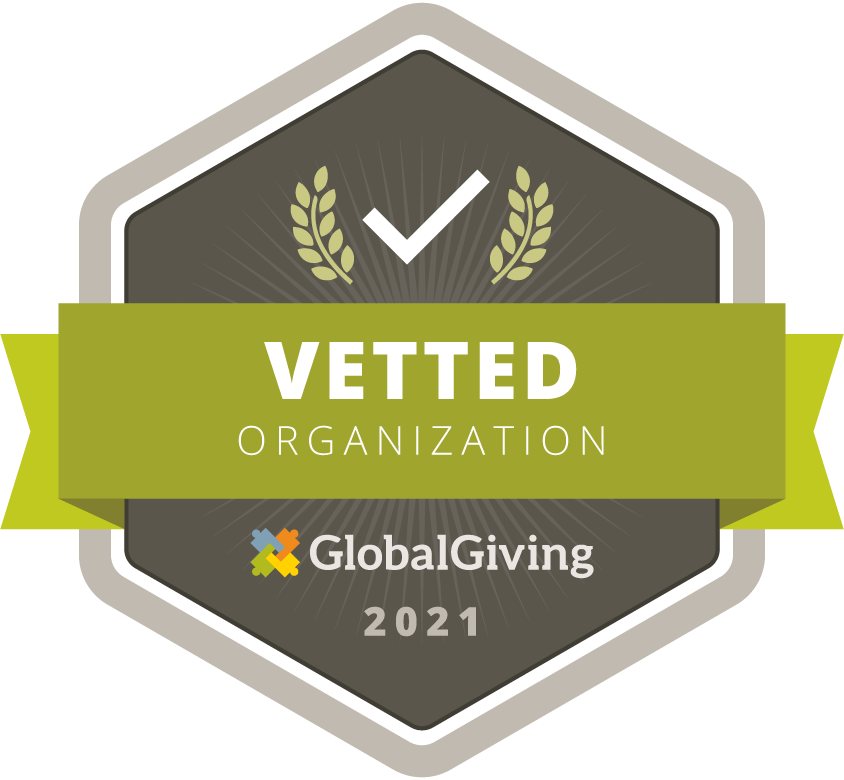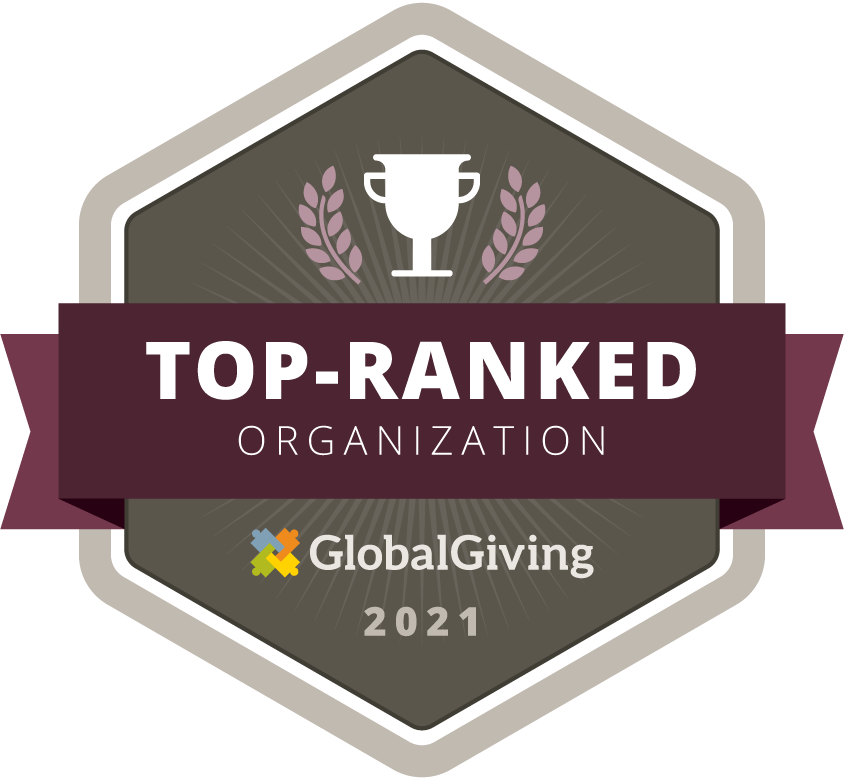The Potential of Women in the Sahel
Last week, we focused a lot on the struggles that women throughout the Sahel face, and the steps being taken to overcome them. This week, we will be focusing on the potential of women throughout the Sahel, and their ability to reshape their region of the world.
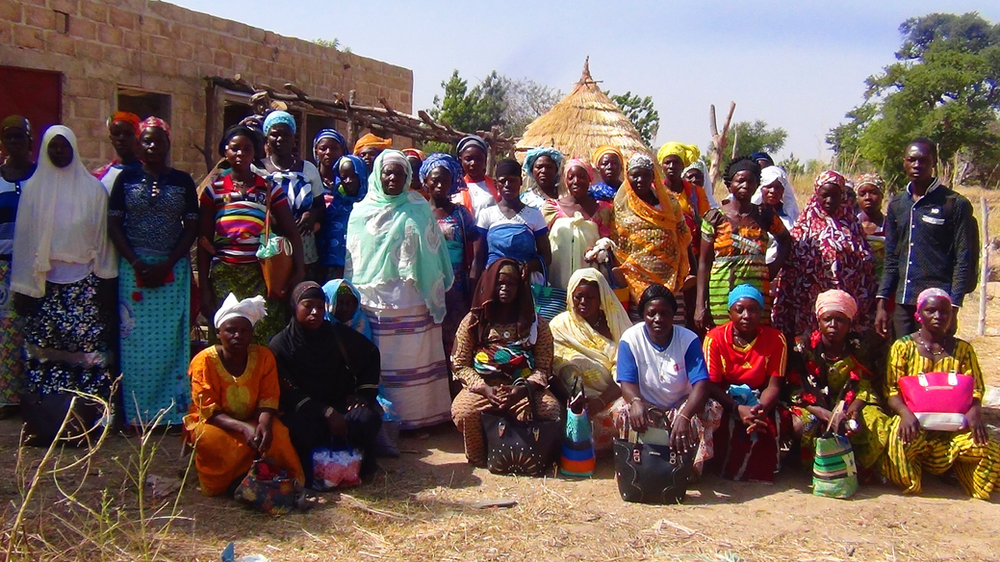
We have clear evidence that women’s empowerment and gender equality help fight food insecurity and are some of the most powerful tools to lift families out of poverty. For example, a UN Food and Agriculture Organization report from 2010 found that equal access to farming and agricultural resources could reduce hunger throughout the world by 12% to 17%. A similar study found that if women had access to the same resources as men, the number of hungry people world-wide would decrease by around 150 million, and agricultural outputs would subsequently rise by 20-30%. Since women make up around 70% of agricultural workers throughout the Sahel, it can be theorized that the benefits would be even greater there. An increase in equality in farming would additionally allow more security in the food supply in the Sahel, a region that faces chronic food insecurity and shortages.
Women can also be incredible assets to help combat the growing problem of climate change and desertification throughout the Sahel. A study by CGIAR Research Program on Water, Land and Ecosystems found that women, specifically rural women, could be the missing link in halting climate change and restoring ecosystems. Overall, it was seen that women and men use natural resources in different ways. The study saw the women were more likely to use conservation methods when it came to farming, and were more open to ecological practices than men. The research found that by amplifying women’s power over agriculture and choices, they could be a powerful force in protecting ecological landscapes throughout the world.
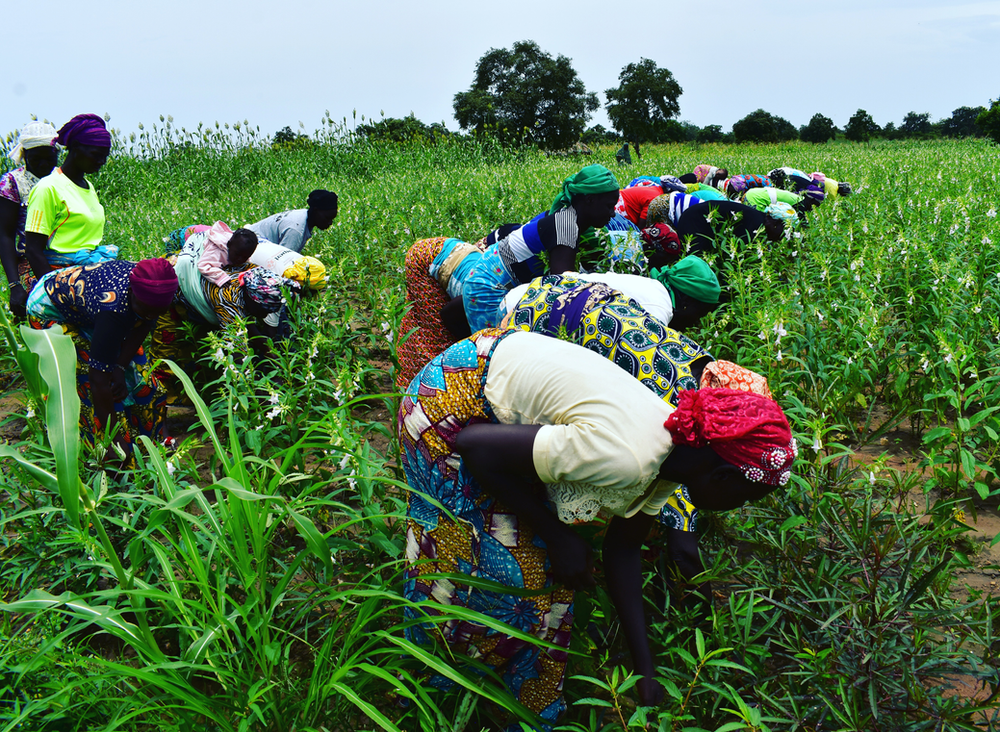
In addition to women’s abilities to bring positive change to food security and climate change, women’s empowerment has also been shown to have a direct impact on economic development. The Secretary General of the United Nations, Kofi Annan, has argued that gender equality is a “prerequisite” for achieving the UN millennium development goals. Empirically, there is a strong connection between economic development and women’s rights. A study by scholars Doepke and Tertilt showed that there was a negative correlation between lack of women’s rights and GDP per capita within a country. The main explanation for this phenomenon is that women are often more dedicated to their families, and thus, any money that they earn returns to their family at higher levels than men. Additionally, women are active players and members of a society, so it would make sense that their empowerment and ability to earn their own income would increase the economic development within a nation.
Finally, women are experts and have the ability to be changemakers on an issue that is paramount to the Sahel region, peace and peacemaking. In the Sahel region, women are often excluded from the security and peacemaking sector, silencing their voices on issues important to them and their communities. However, evidence shows that peace deals and treaties are more effective when women are involved in the process. A 2015 study of 156 peace agreements from around the world concluded that peace agreements were more likely to stay in place and bring an end to violence when women were involved. A different study of peace agreements from 1989 and 2011 found that when women were included in negotiations, an agreement had a 35% higher chance of staying in place for 15 years or more. Women in the peacemaking process place more emphasis on issues such as reconciliation, economic development, education, and transitional justice, which have all been found to increase the durability of peace deals. This peacemaking ability is critical in the Sahel region, as Burkina Faso, Mali, and Niger have all suffered from deteriorating security situations over the past few years. Women’s involvement can help lead to more durable agreements, and lasting peace through the region.
Women’s empowerment can lead to beneficial outcomes throughout the sectors of agriculture, the environment, economic development and peace. However, that is not even a fraction of the world changing ability that women have. Women’s empowerment can truly change the Sahel, and the world, for the better.
Sources:
Are women the secret weapon in the battle for Food Security? | LES ROOPANARINE. (2013, March 05). Retrieved March 17, 2021, from https://www.theguardian.com/global-development/poverty-matters/2013/mar/05/women-secret-weapon-food-security
By. (n.d.). Sahel women have the potential to solve food insecurity in the region. Retrieved March 17, 2021, from https://www.diplomaticourier.com/posts/sahel-women-have-the-potential-to-solve-food-insecurity-in-the-region
Rural women are the missing link in ecosystem restoration programs. (2019, October 25). Retrieved March 17, 2021, from https://wle.cgiar.org/thrive/2019/10/14/rural-women-are-missing-link-ecosystem-restoration-programs
Women's role in peacemaking. (2017, November 17). Retrieved March 17, 2021, from https://maryknollogc.org/article/women%E2%80%99s-role-peacemaking#:~:text=Women%E2%80%99s%20role%20in%20peacemaking%20Women%20are%20the%20largest,published%20in%20the%20November-December%202017%20issue%20of%20NewsNotes.
Forum, P. (2020, November 03). Amplifying women's voices to build peace in the Sahel. Retrieved March 17, 2021, from https://parispeaceforum.medium.com/amplifying-womens-voices-to-build-peace-in-the-sahel-c9f43b3f70ad
Duflo, E. (2012). Women empowerment and economic development. Journal of Economic Literature, 50(4), 1051-1079. doi:10.1257/jel.50.4.1051
